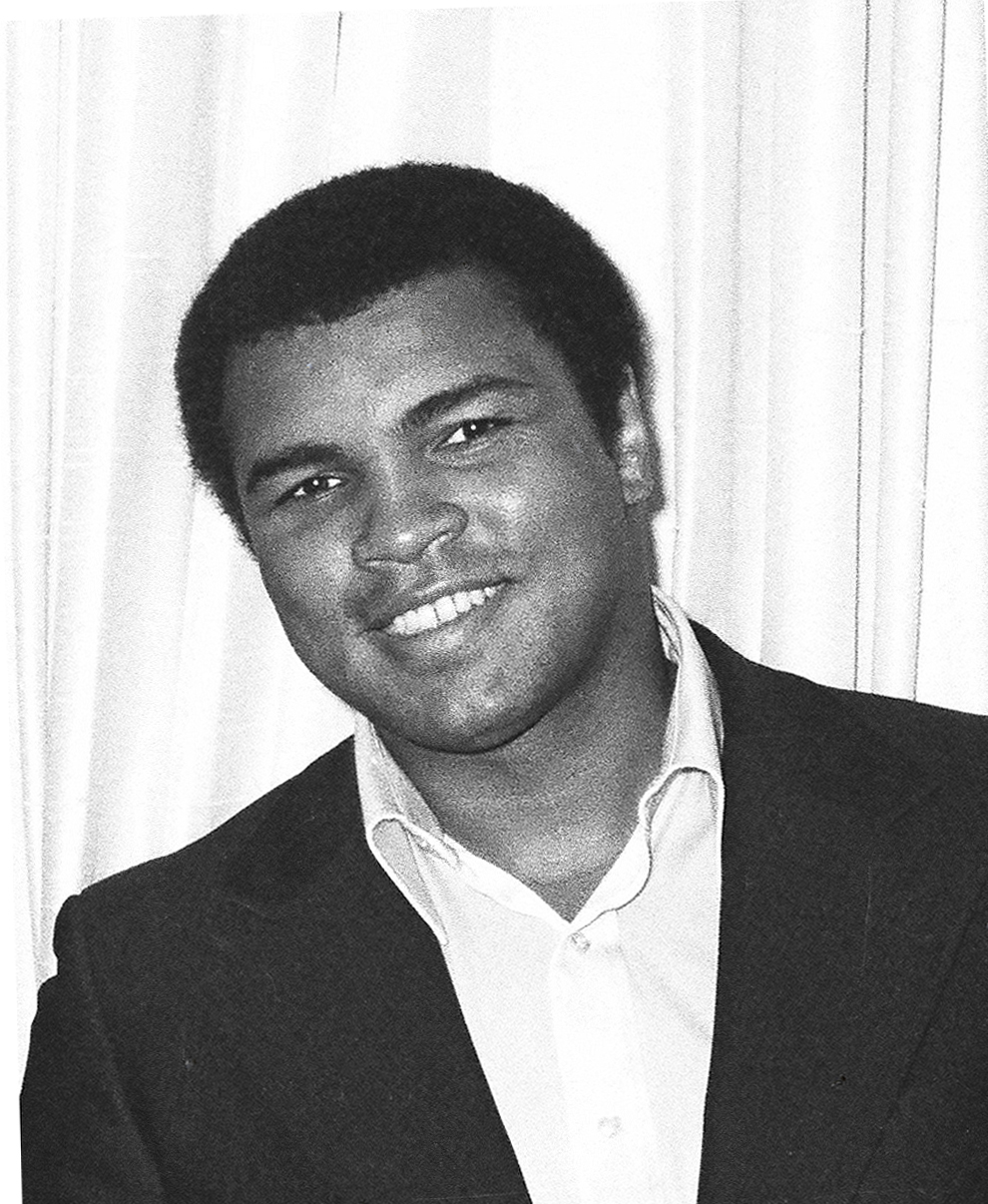
- Industry
Danced Like a Butterfly, Stung Like a Bee: Muhammad Ali, 1942-2016
Muhammad Ali, a giant of boxing and a 20th century icon, has died of pulmonary complications from Parkinson’s disease in Scottsdale, Arizona, at the age of 74. Born Cassius Marcellus Clay in Louisville, Kentucky, Ali is considered the most important professional boxer in the heavyweight category, having been named Sportsman of the Century by Sports Illustrated. A devout Muslim since 1962, first with the Nation of Islam, and later with Sunni Islam and Sufism, Ali opposed the Vietnam war – his refusal to serve led to the suspension of his boxing license in what became a landmark legal case, going all the way up to the Supreme Court. Ali was a major force in the fight for civil rights and racial equality.
He quickly transcended the sports world and became a cultural icon, synonymous with the political and social upheaval of the 1960s. At the HFPA we met Ali twice: in 1979, in what would be his only role as an actor playing a character – ex-slave Gideon Jackson, who gets elected to the U. S. Senate in the 1870s- in the TV movie Freedom RoadAli, directed by Michael Mann and starring Will Smith.
In 1979 Ali was his full self, eloquent, passionate and funny. He opened the conversation by asking that journalists assembled and their readers “join Cesar Chavez and the United Farm Workers in a boycott of Chiquita Bananas”. Ali talked about the recent Islamic revolution in Iran – “if a man's going to run a government according to the scripture, about the god's law, he's going to make a lot of enemies because right away your prostitution won't be around, your gambling won't be around” – and about UFOs –” If anybody go out on a clear night anybody can see I think – what I think is a UFO. I’ve seen them 50, 60 times.”
He compared his boxing style – fast, flashy, full of “talking trash” and showmanship- to entertainment: “It’s like acting, it really is”. And was prophetic on the state of affairs in the movie industry for persons of color: “To me black people are not allowed to do good movies. I really think that there's a conspiracy. I don't know if it's in Hollywood or might be in my mind, I don't know what, I think there's a conspiracy to keep black people and pretty black women out of movies. “
And he considered his own future beyond the ring: "It depends on how long I live, I guess. It's just I imagine as long as we can keep tap dancing, I'll be doing that and then when I get too old to move I'll sit back and write about it.”